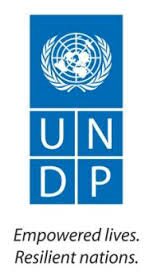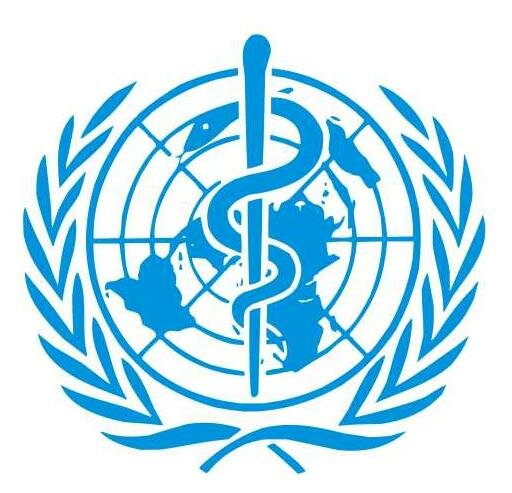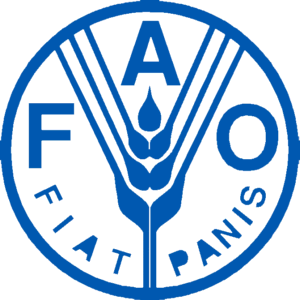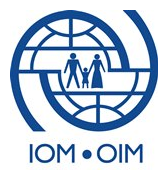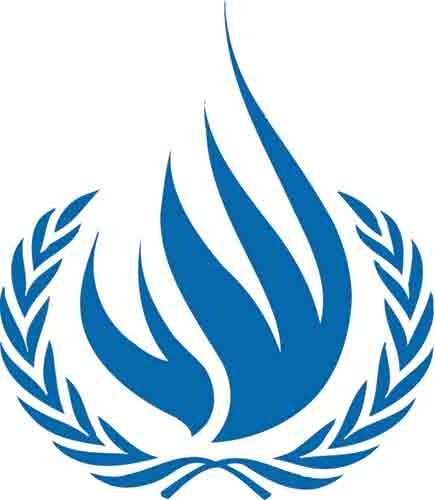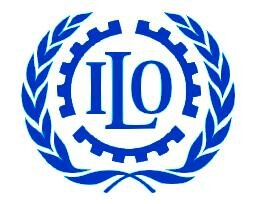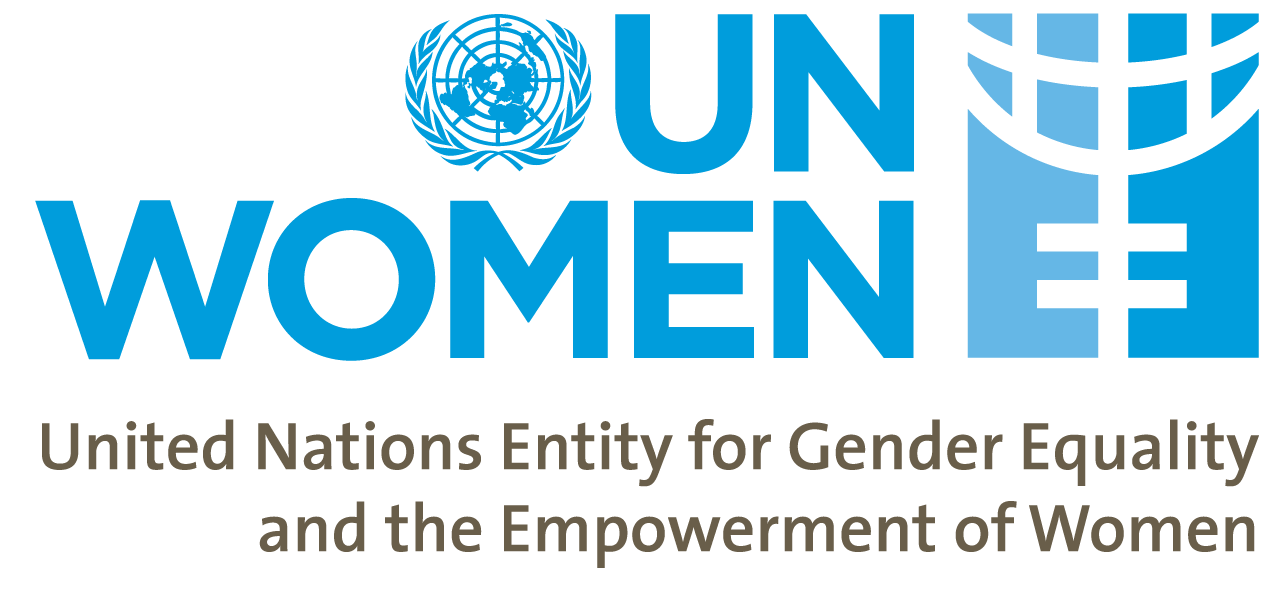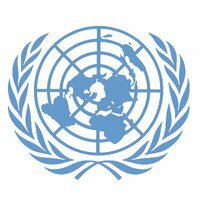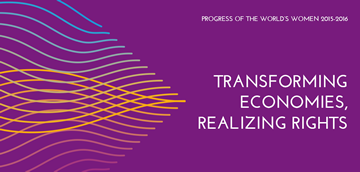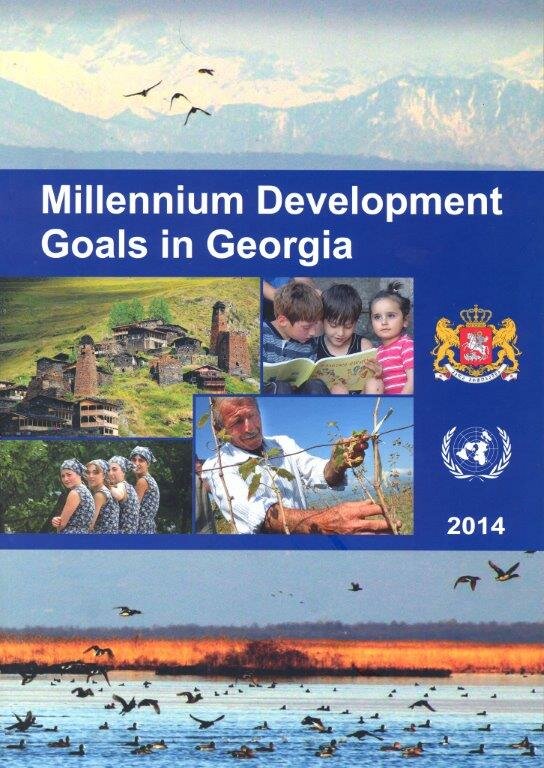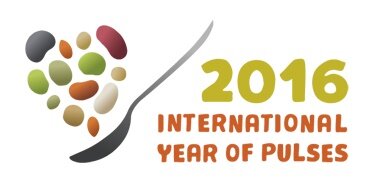-
Equality Means Business – UN Women Launches Training Initiative with the Private Sector
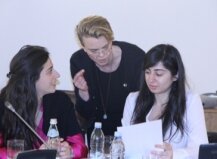 more
moreBeing told that you are ‘not a real man’”, “ridicule”, “being seen as a bad mother” - UN Women is conducting an exercise with private sector representatives at the headquarters of TBC Bank, one of the country’s largest banks.
The participants have been asked to brainstorm examples of what women and men can face when they go against gender norms and stereotypes. The exercise leads on to a presentation of how stereotypes relate to discrimination in the workplace, as well as guidelines and promising examples of how such discrimination can be tackled.
The discussion was part of UN Women Georgia’s pilot training on how to promote gender equality and women’s empowerment in the workplace, the marketplace and the community. The training was based on the UN Women and UN Global Compact guidelines for the corporate sector, known as the Women’s Empowerment Principles. The purpose of the training, which targets management staff, was to promote responsible business practices and women’s economic empowerment.
-
 25 Feb 2016 more
25 Feb 2016 moreGENEVA (24 February 2016) – United Nations Special Rapporteur on violence against women, its causes and consequences Dubravka Šimonović today welcomed Georgia’s significant improvements to its laws on gender equality and violence against women, but warned that deep changes are still needed in society’s attitude towards gender-based violence, including domestic violence and early marriages.
“There is an urgent need to break the cycle of silence and acceptance of violence against women as a private matter and to secure the right of each and every woman and girl to the right to live a life free from violence,” the UN expert said at the end of her first official visit* to the country.
Ms. Šimonović noted the adoption, in recent years, of new laws on gender equality, non discrimination and domestic violence and welcomed the plans to further revise a number of laws including on domestic violence law in order to put them in line with the international and regional standards. She called for a speedy ratification of the Istanbul convention, the European agreement addressing violence against women and domestic violence.
The human rights expert said that women victims of violence in Georgia still face multiple challenges in their search for protection, justice and rehabilitation due to entrenched patriarchal attitudes and gender stereotypes which make gender-based violence tolerated. -
24 Feb 2016 more
Have public attitudes towards domestic violence (DV) changed in Georgia? How open has the public become to this topic; and what do people do when they fall victim to such violence themselves, or realize that it is taking place?
Over recent years, the disclosure of domestic violence cases has dramatically increased in Georgia. According to the Ministry of Internal Affairs of Georgia, it actually doubled in 2015, while the number of restraining orders issued increased from 227 in 2013 to 2,598 in 2015.
This increase is largely attributed to a significant shift in public attitudes towards domestic violence: this problem used to be perceived as a “family issue” (78.3% in 2009), where victims or their relatives were reluctant to report it to the relevant agencies, even in quite extreme cases - but now this attitude has changed. According to a UN Women study on the perceptions of Violence against Women and Domestic Violence in Tbilisi, Kakheti and Samegrelo-Zemo Svaneti ( 2013), only 25% now believe that DV is a family matter, while 69% believe DV is a crime.
-
 19 Feb 2016 more
19 Feb 2016 moreTBILISI (19 February 2016) – At the end of a five-day visit to Georgia, which took her to Tbilisi, as well as to the Kakheti and Shida Qartli regions, Ms. Dubravka šimonović, United Nations Special Rapporteur on violence against women, its causes and consequences, delivered the following statement:
“I would like to begin by expressing my appreciation to the Government of Georgia for extending me an invitation to visit the country and in particular to the Minister of Foreign Affairs, whose Ministry was in charge of organizing the official programme. This is the first official visit by this mandate on the elimination of violence against women, its causes and consequences in the country and I am grateful to all the stakeholders I met during my five-day visit, including national and regional authorities, independent human rights institutions, representatives of the civil society organizations, villagers, internally-displaced women and representatives of the United Nations entities (in particular OHCHR, UN Women, UNHCR and UNFPA) and I wish to extend my thanks to women survivors of violence who met with me to share their stories and concerns.
-
 16 Feb 2016 more
16 Feb 2016 moreBetween 15-19 February 2016, Dr. Dubravka Šimonović, the UN Special Rapporteur on Violence against Women, its Causes and Consequences,visited Georgia.
She now leaves development partners, NGOs and the government to await the findings and recommendations of her mission. The final country report, capturing the findings and recommendations from the visit, will be issued in June 2016. The Special Rapporteur held a number of consultations with representatives from civil society, development partners and grassroots women’s groups, alongside meetings with government officials, at both the national and local level.
On 16 February 2016, a consultation meeting was held by the Special Rapporteur, with UN Women’s support, for over 50 civil society organizations and development partners.
-
THE SECRETARY-GENERAL MESSAGE ON WORLD WILDLIFE DAY - 3 March 2016

Global efforts to protect wildlife are gathering force. Last year, United Nations Member States adopted the Sustainable Development Goals, which include specific targets to end poaching. The General Assembly also unanimously agreed a resolution to limit illicit trafficking in wildlife. These powerful expressions of political determination to end these highly destructive crimes are now being translated into actions on the ground through collective efforts by countries around the world.
However, to protect this essential natural heritage for this and future generations, much more needs to be done by key actors on all continents and across sectors. In particular, conservation efforts need to engage communities that live in close proximity with wildlife.
Time is running out to end the poaching crisis that threatens some of the world’s most iconic species. To combat poaching and trafficking of protected species it is essential to address both the demand and supply of illegal wildlife products through agreed goals and targets and international instruments, such as the Convention on International Trade in Endangered Species of Wild Fauna and Flora (CITES).
more


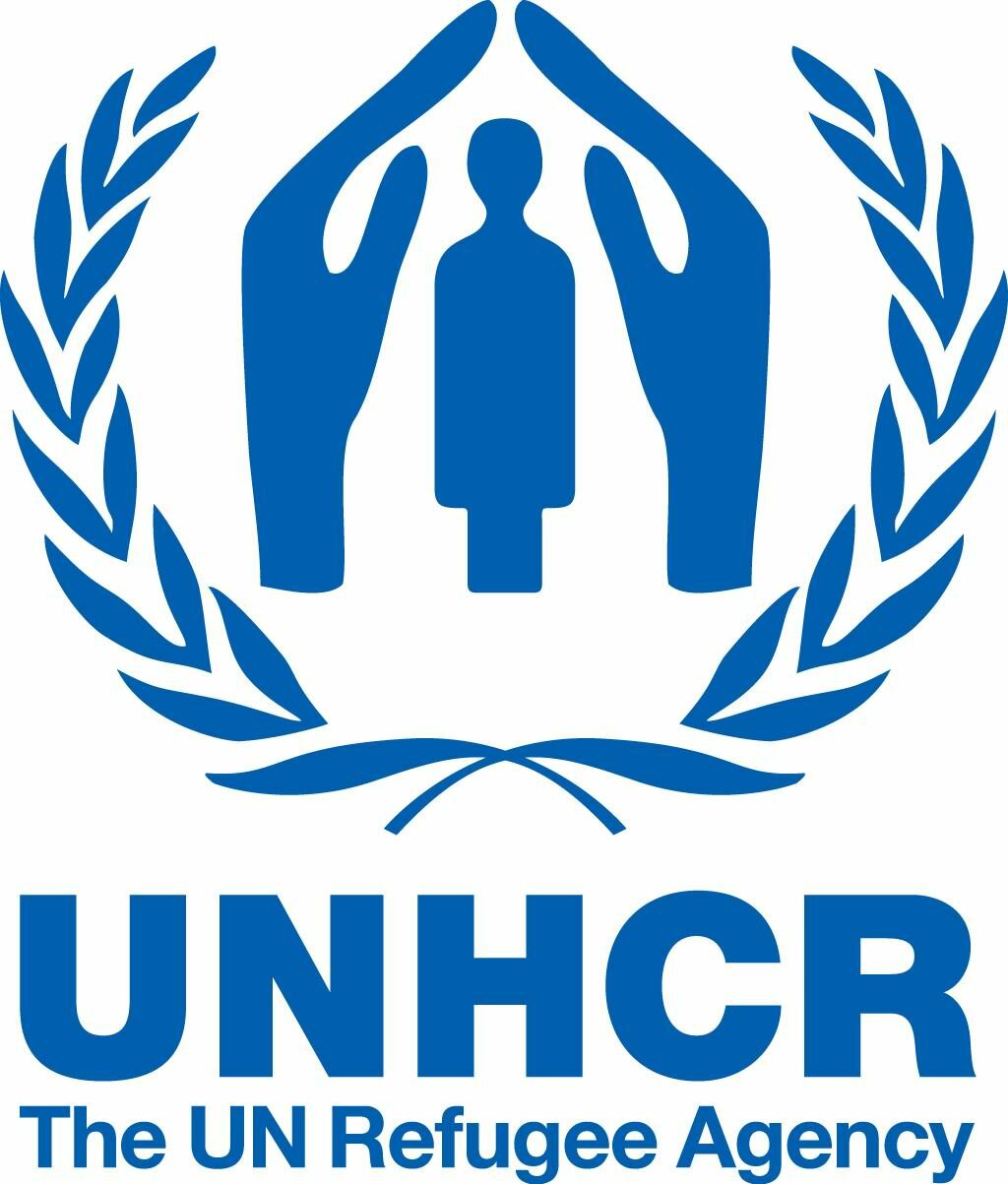
.jpg)

